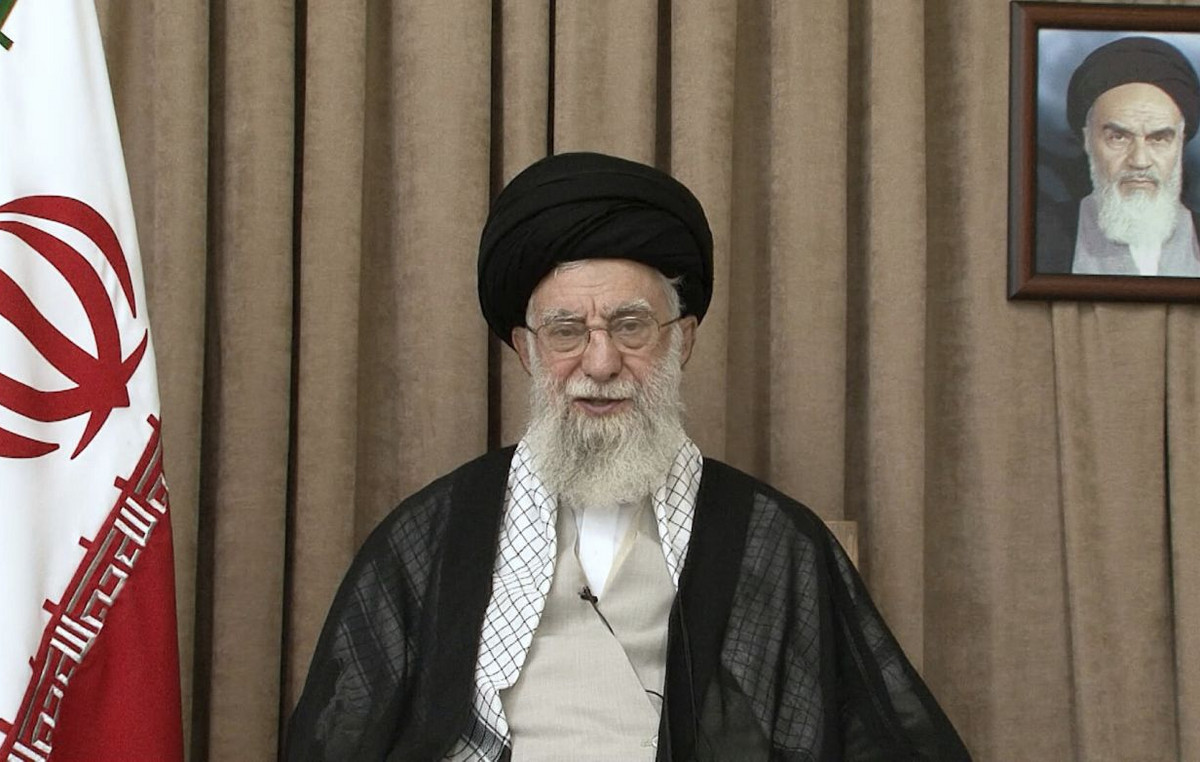European Central Bank President Christine Lagarde has given national central bank governors more leeway in policy meetings, urging members of the Executive Board to limit their interventions and allow more time for debate, Reuters reported. sources with knowledge of the discussion.
Lagarde told the bank’s chief economist, Philip Lane, and Executive Committee member Isabelle Schnabel to limit their presentations and leave more room for eurozone central bankers to present their views. different sources in Reuters.
Reaching unanimity between the various eurozone countries has always been a difficult task for the ECB, and complaints about the structure of meetings – where in most cases only a few voices are heard – go far beyond Lagarde’s term, the agency said.
This criticism has intensified since last summer as Lane and the relevant ECB services underestimated the magnitude and duration of inflationary pressures. The jump in prices, with some members of the ECB warning that it will be persistent, has gradually led the central bank to change course and open the door to higher interest rates in 2022.
Lagarde decided to limit the presentations of the members of the Executive Committee to 20 pages and told the staff to complete the seminars by noon of the first day of the ECB meeting, the sources said.
In addition, the two-day meeting will start on Wednesday morning, instead of the afternoon, while on Thursday it will start 30 minutes earlier than before, in order to have more room for discussion, the sources add.
These changes have already been implemented at the April meeting.
“By meeting earlier, the Governing Body is gaining more time to reach a joint assessment of the economic outlook in order to adopt collective decisions in the context of monetary policy,” said an ECB spokesman.
Prior to these changes, Lane’s presentations sometimes exceeded 60 pages, citing three sources, leaving little room for discussion.
Although the new directives also apply to Snabel, the same sources say that her presentations on the financial conditions in the Eurozone are usually relatively short.
When she took office in late 2019, Lagarde pledged to make the decision-making process more participatory, following tensions in the last months of Mario Draghi’s presidency, when a number of board members resigned. publicly expressed his opposition to the bank’s decisions.
Its move to reshape the meetings is seen as part of that commitment.
Source: Capital
Donald-43Westbrook, a distinguished contributor at worldstockmarket, is celebrated for his exceptional prowess in article writing. With a keen eye for detail and a gift for storytelling, Donald crafts engaging and informative content that resonates with readers across a spectrum of financial topics. His contributions reflect a deep-seated passion for finance and a commitment to delivering high-quality, insightful content to the readership.







